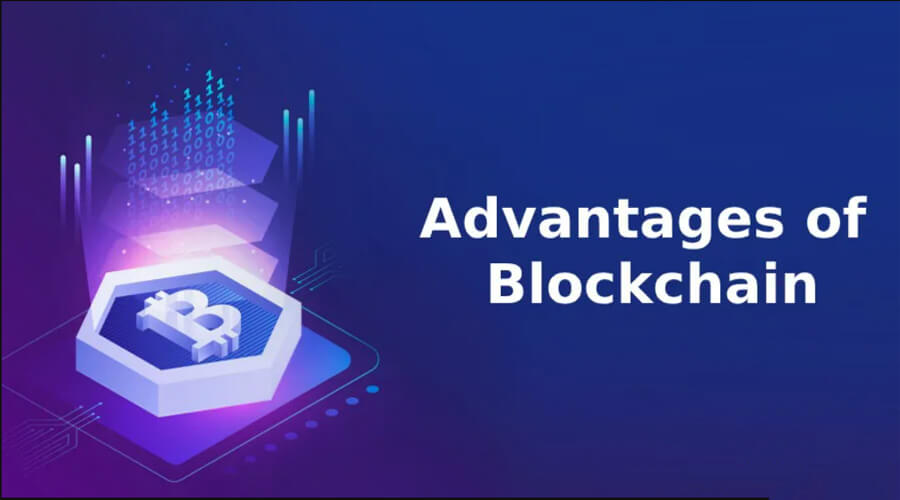Blockchain technology, often associated with cryptocurrencies like Bitcoin, has gained widespread attention for its potential to transform various industries. Beyond digital currencies, blockchain offers several key advantages that make it an appealing solution for a wide range of applications. In this article, we’ll explore three of the most significant advantages of using blockchain technology.
1. Decentralization and Trust
Decentralization: One of the fundamental strengths of blockchain technology is its decentralized nature. Traditional systems often rely on central authorities, such as banks, governments, or intermediaries, to manage and verify transactions. In contrast, blockchain operates on a decentralized network of computers (nodes) that work together to validate and record transactions.
Trust: Blockchain’s transparency and immutability build trust among users. Transactions recorded on the blockchain are visible to all participants in the network, allowing for independent verification. Once a transaction is added to the blockchain, it is virtually impossible to alter or delete, ensuring the integrity of the data.
2. Security and Immutability
Security: Blockchain uses cryptographic techniques to secure transactions and data. Each transaction is encrypted and linked to the previous one, forming a chain of blocks. This cryptographic security makes it exceptionally difficult for unauthorized parties to tamper with the data. To alter a single block, an attacker would need to control the majority of the network’s computational power, a virtually insurmountable task.
Immutability: Once data is added to the blockchain, it becomes immutable. Immutability means that the information recorded on the blockchain cannot be altered or deleted, providing a tamper-resistant ledger. This feature is particularly valuable in applications where data integrity and auditability are critical, such as supply chain management, healthcare, and legal contracts.
3. Efficiency and Cost Reduction
Efficiency: Blockchain technology can streamline processes by eliminating the need for intermediaries and manual record-keeping. Smart contracts, self-executing contracts with predefined rules and conditions, automate various tasks and enforce agreements without human intervention. This automation reduces the risk of errors and delays, improving overall efficiency.
Cost Reduction: By removing intermediaries and automating processes, blockchain can significantly reduce costs. Traditional financial transactions often involve fees for banks, payment processors, and other intermediaries. In contrast, blockchain transactions can be more cost-effective, making them particularly appealing for cross-border payments and remittances.
Additional Benefits
While these three advantages are among the most notable, blockchain technology offers additional benefits, including:
- Transparency: Blockchain’s public ledger ensures transparency and accountability, making it easier to trace the origin of assets or products.
- Traceability: In supply chain management, blockchain enables the tracking of goods from the source to the end consumer, reducing fraud and ensuring product authenticity.
- Data Privacy: Blockchain can enhance data privacy by giving individuals more control over their personal information and allowing them to share only the data they choose.
- Global Accessibility: Blockchain operates on a global scale, making it accessible to anyone with an internet connection. This inclusivity can expand financial services to underserved populations.
In conclusion, blockchain technology offers a range of advantages, including decentralization, trust, security, immutability, efficiency, and cost reduction. Its potential to disrupt traditional systems and revolutionize various industries continues to drive innovation and adoption. As blockchain technology matures and evolves, its impact on our society and economy is expected to be profound.



